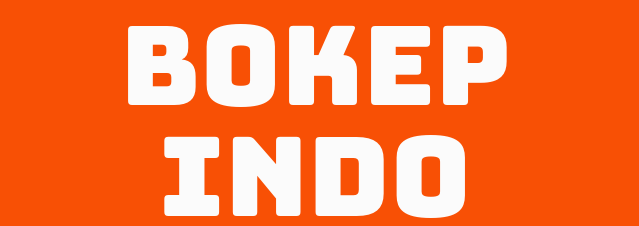Shell companies are becoming the safe havens in today’s business world. While there are different reasons for that, some of the main reasons for their popularity include tax evasion and asset hiding. Wealthy business owners used to establish these corporations; however, their existence sometimes causes problems.
The problem with shell organizations is that they exist only on paper and do not have a physical location. As a result, their employees, operations, and transactions are not monitored or verified. In addition to that, their ownership structure is usually very complicated, making it challenging for the regulatory bodies to authenticate their legal status. To evade the possibility of hidden crimes and fraud, it is important to conduct business verification checks to ensure ultimate transparency.
What Are Shell Companies?
In plain words, a shell company is a business that is set up but has no real business activities. Unlike other businesses, this type of entity is used for multiple reasons that often regard them as either legal or illegal. They do not serve any service and are often used either to generate early startup revenues or to move money in an auspicious way. Shell companies do not have active status and working employees, making it difficult for the regulatory bodies to trace their ultimate beneficial owners (UBOs).
In addition to that, shell companies mostly operate in tax haves where the regulations regarding taxes are not that stringent. If an individual is involved in unlawful activities, a shell company can be used to conceal money. Opening a shell company is very easy and only requires a bank account and buying real estate in a tax haven.
Role of Shell Companies in Money Laundering
Due to the anonymity of the shell companies, they are teh ideal hubs and an attractive spot for many criminals and fraudsters. The way these organizations operate often creates loopholes, posing challenges to teh business verification procedures. The unverified beneficial ownership structure is manipulated, which leads to financial fraud. To reduce the financial risk while partnering with another business, every country maintains multiple registers that authenticate businesses within that country. Some of the important regulations include:
- Business Register
- UBO Register
- Tax Identification Register
- Sanction and Watchlist Register
- Licensing and Regulatory Register
In the business world, shell companies provide many benefits, like hiding assets and avoiding taxes and jurisdictions. Financial institutions and regulatory authorities are developing new methods that efficiently combat these financial crimes and make a business safe for collaboration. Business certification through Know Your Business is no longer a need but a requirement. All companies are mandated to verify their key elements, including beneficial ownership, financial sources, business incorporation details, etc.
UBO Register: What It Is Are and Why Is It Needed?
The Ultimate Beneficial Ownership (UBO) register is the centralized registry that keeps the data of the individuals who own the company. The threshold of the UBO varies in different countries; however, typically, it is up to 25% in most countries. An ultimate beneficial owner is the person who has significant control over the company’s shares and voting rights. These records are essential for enhancing openness and thwarting financial crimes like tax evasion, money laundering, and corruption. UBO records make it more difficult for criminals to hide behind intricate ownership structures or shell firms by offering comprehensive information on the true owners behind corporate entities. These registers are used by enterprises, financial institutions, and regulatory agencies to reduce the risks associated with concealed ownership, confirm the authenticity of partners and clients, and monitor compliance with anti-money laundering (AML) and counter-terrorism financing (CTF) legislation. In order to encourage moral business conduct and corporate responsibility, UBO registers are becoming a crucial instrument as transparency requirements from international regulations rise.
Challenges of Identifying UBOs
The identification of the ultimate beneficial owners can come with many challenges. This is very common, especially in complex corporate business structures. Major challenges of UBO identification and verification are:
- Complex Ownership Framework
Ulime beneficial owners are mostly concealed behind the multiple layers of intermediary companies, trusts, and offshore companies. As a result, financial institutions and regulatory bodies have difficulty during their verification, as verifying the real owner is difficult.
- Variations in Regulations
The threshold for the UBO is different in different states. These varying criteria often become a big challenge in UBO identification, leading to inconsistencies in compliance and reporting.
- Incomplete and Inaccurate UBO Data
Although the government portals for business verification keep the UBO register, the information may still have some loopholes. Unfortunately, in some countries, teh UBO data can not be accessed, impacting the efficiency of UBO verification.
Concluding Remarks
UBO registers are important, especially in committing financial crimes and reducing the risk of money laundering and terrorist funding. Shell companies are often misused by criminals. However, by maintaining a proper UBO register, the company can increase transparency. By conducting KYB checks, businesses can ensure transparency. In simple words, UBO registers are a significant step towards more transparent and accountable financial systems. They also contribute to a safer and more compliant corporate environment.




